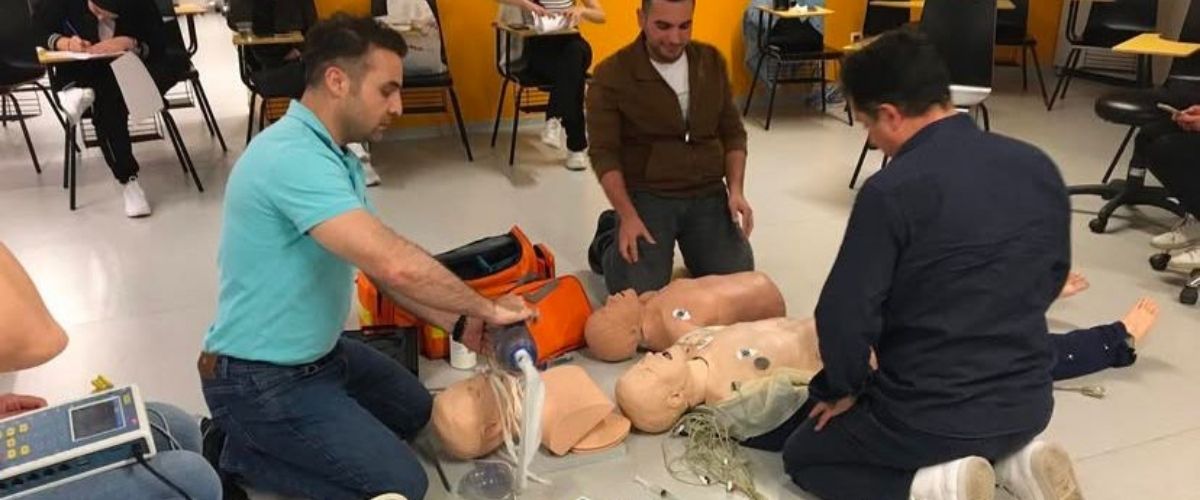Respiratory poisoning and burns in fires...
Altınbaş University First and Emergency Aid Program Head Lecturer. Assist. Özlem Karagöl explained the correct first interventions to be made in cases of respiratory poisoning and burns in fires.
The fire that broke out in a hotel in Kartalkaya Ski Resort, one of Türkiye's major tourism centers, caused great sadness. The importance of correct first aid interventions in such emergencies has once again come to the fore. Altınbaş University First and Emergency Aid Program Head Lecturer. Assist. Özlem Karagöl explained the correct first interventions to be made in cases of respiratory poisoning and burns in fires.
Özlem Karagöl reminded that life-threatening situations can be encountered if burns and respiratory poisoning are not treated correctly, and drew attention to the importance of acting calmly in emergencies.
First steps in respiratory poisoning
Stating that fire smoke can cause serious damage to human health, Özlem Karagöl emphasized that gases such as carbon monoxide, carbon dioxide and nitrogen oxide in the smoke content especially affect the respiratory tract. “Take the person exposed to smoke to fresh air immediately. If this is not possible, open windows or doors to ventilate the environment.” He also made the following suggestions:
- Cover your mouth and nose with a mask or a wet cloth while escaping from the smoke.
- As soon as the symptoms of respiratory poisoning appear, seek help from a health facility immediately.
Things to consider in burn cases
Stating that the intervention in burn cases varies according to the degree of burn and the size of the affected area, Karagöl shared the following information for the first intervention:
- Minor burns: You can reduce the pain by holding the burn area under cold running water without pressure. However, if the burn collects water, you should not burst these blisters. Substances such as cream, toothpaste or yogurt should never be applied.
- Large burns: Carefully remove the clothing from the burned area with scissors, but do not force pieces that are stuck to the skin. Cool the burn area with cold water and rinse with plenty of water for chemical burns.
Pay special attention to burns in infants
Stating that burns can lead to more serious consequences because babies' skin is sensitive, Karagöl said that even seemingly minor burns can be life-threatening. He emphasized that it is important to keep cold water for 15 minutes to prevent the burn area from deepening.
Vital warnings and wrong practices
Giving information about wrong practices, Karagöl mentioned the following points: Do not apply cream, toothpaste or herbal products to the burn area. Do not try to remove fabrics stuck to the burn. Immediately lay the burned person on the ground and cover them with a thick blanket, but leave their head uncovered.” He said.




